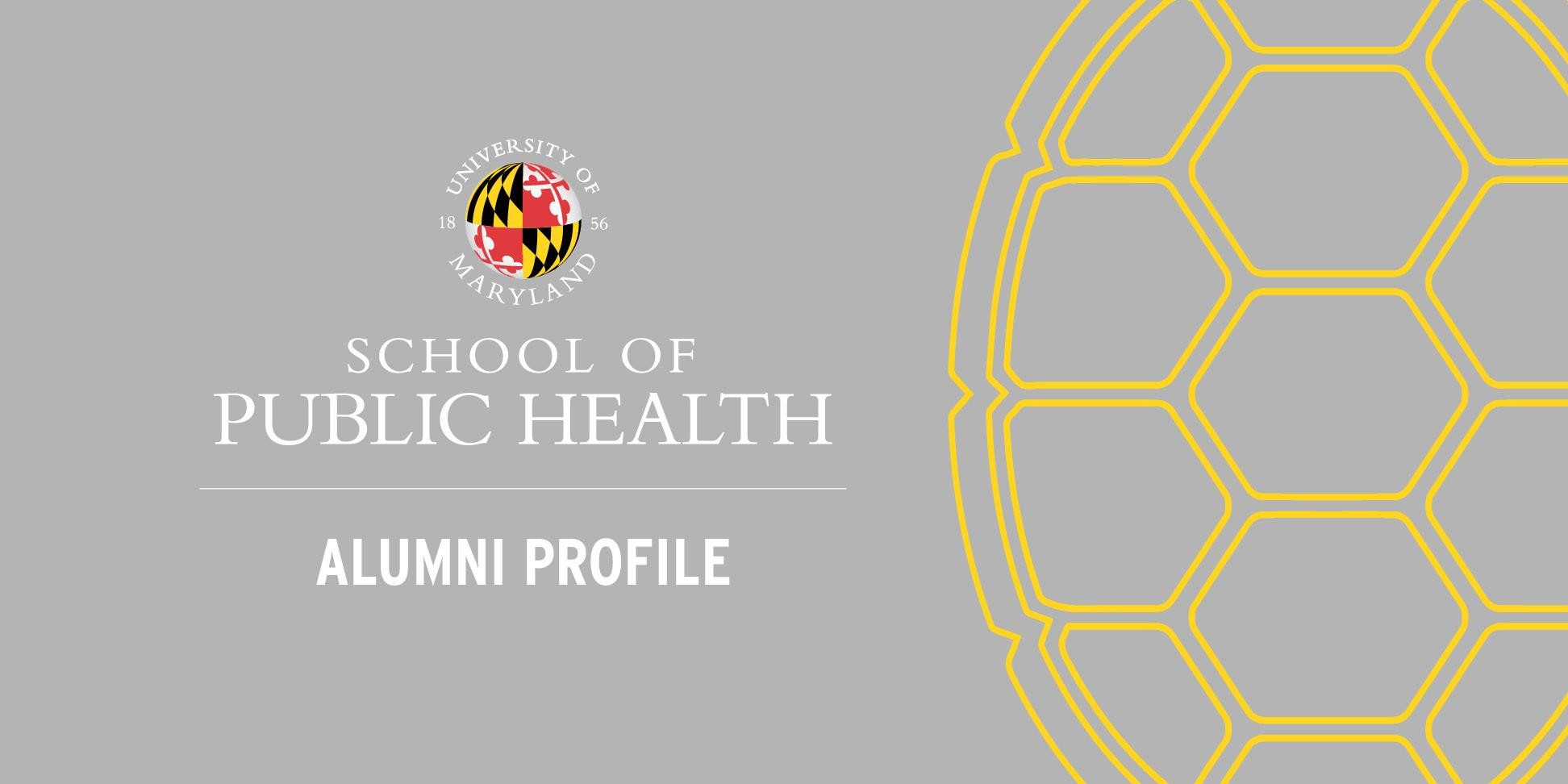

Clark Johnson Lee (MPH '14)
PhD, Behavioral and Community Health
Clark Johnson Lee, an MPH alumnus and current PhD candidate at the School of Public Health, is fighting the COVID-19 pandemic locally, in Montgomery County.
Clark is an emergency preparedness consultant for the UMD Center for Health and Homeland Security, and works with the Montgomery County Department of Health and Human Services. His job is to plan for public health emergencies like this one.
Clark received his MPH in behavioral and community health in 2014, and is now working toward his PhD.
How has COVID-19 impacted your role?
I would say about 90% of my job is preparedness and planning, but now we have shifted into the 10% that is response. A lot of the planning is setting priorities and narrowing our plans to the local conditions. Now we are taking the plans off the shelf and dusting them off.
What are you seeing day-to-day on the front lines?
Initially, we were doing contract tracing when the first three confirmed cases in Maryland were in Montgomery County. At first the state health department took the lead, but they gradually shifted the responsibility of contact tracing over to local health departments.
A lot of phone calls were coming into the health department, so one of the first things we did was to set up the call center to field those incoming calls.
Different issues started popping up, like addressing the shortage of personal protective equipment, and ramping down certain services so that healthcare workers could address issues related to the response.
What do you think is the most challenging issue we’re facing right now?
At the micro-response level, social distancing provides a challenge to emergency response. Emergency response is built on the idea of face-to-face interaction-- oftentimes that personal interaction is how things move the most quickly. You take that away, and it provides an additional challenge of response in conditions that we are not used to working under.
At a more global level, the amount of misinformation that’s floating out there is one of the most challenging issues we are facing. Having to detect it and address it is a potential drain on resources and has huge downstream impacts.
Has anything surprised you about this pandemic and the ability of the public health/health care system to effectively respond?
I’ve been impressed with the dedication and number of people willing to put themselves in harms way for the community.
People who have been furloughed, retired folks, volunteers-- the amount of response we’ve gotten when it comes to volunteering--I wasn’t expecting it. I think it speaks a lot about the community. People have really come together in Montgomery County.
How has your degree from Maryland helped you address these challenges?
In my role as situation unit leader, a lot of stock is placed on the social determinants of health and population health. I see a lot of these concepts come into play, especially with the disparities we are starting to see in our community when it comes to impact.
My time at Maryland has colored my view and helped me to have sensitivity to issues like the downstream impacts of this virus, and how that can affect certain communities.
What do you hope for the future of the public health workforce/field? How do you think this pandemic will change public health?
In recent years, public health at the local level has undergone funding cuts, without the disease of the day staring down at you.
Now we are seeing what happens when you cut these programs and suddenly find yourself in need. COVID-19 demonstrates that public health and preventative science is absolutely worth the investment, even in times without crisis. I hope there is more funding moving forward.
As people see the dedication of public health workers, I hope more students become interested in public health and pursue graduate work in public health.
Would you like to share anything else?
Take this seriously. It doesn’t matter how old you are or what your background is-- COVID-19 affects all ages, genders, shapes and orientations. This virus doesn’t discriminate.